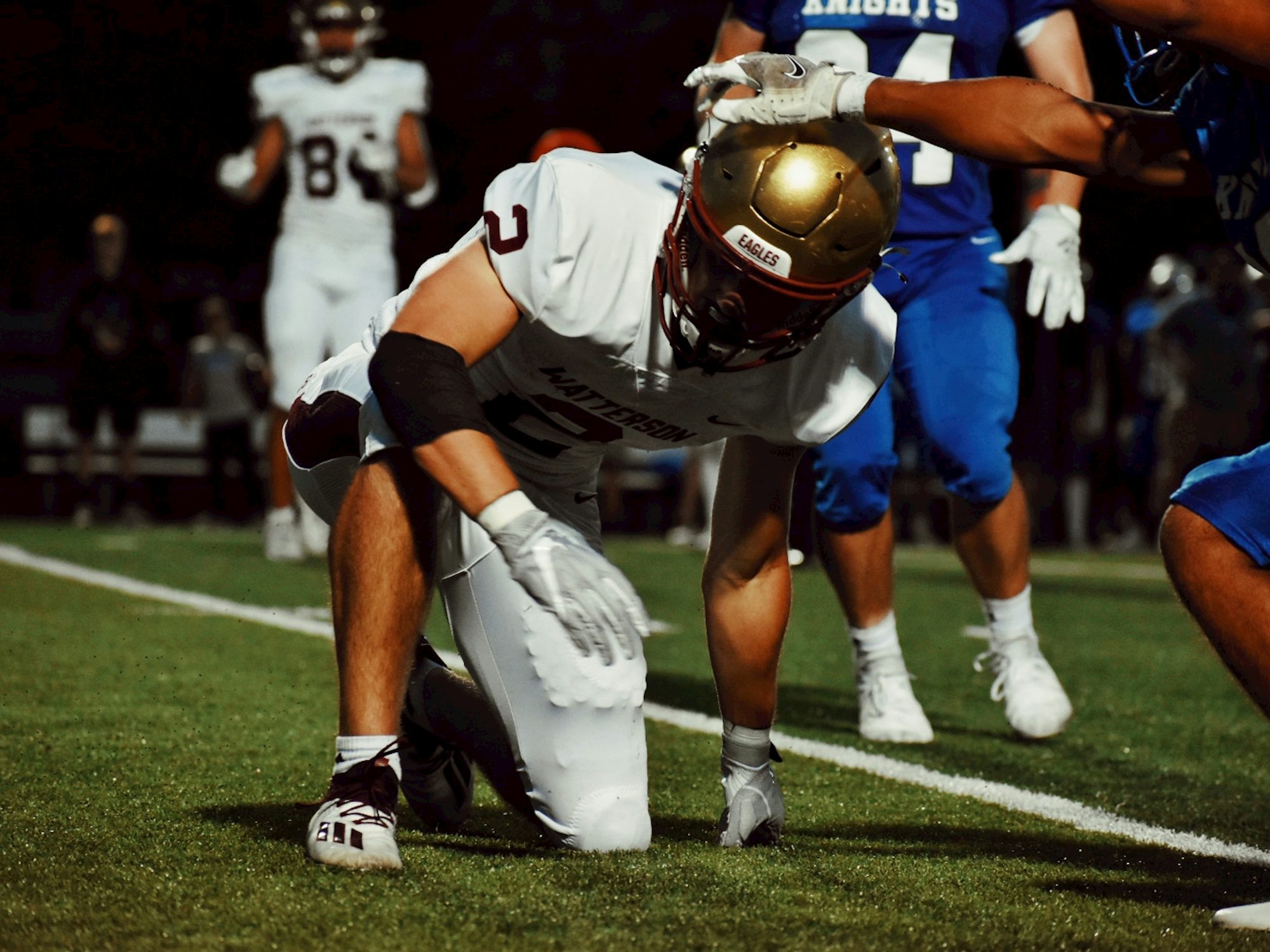
The Evolution of Team Sports: From Tradition to Modernity
An in-depth exploration of the history, development, and contemporary significance of team sports around the world.The roots of team sports can be traced back to ancient civilizations, where various forms of collective play emerged. In Ancient Greece, the Olympic Games featured team events, emphasizing the value of cooperation and competition. Similarly, in Mesoamerican cultures, games like the Mesoamerican ballgame involved teams competing against one another, serving both recreational and ritualistic purposes. These early examples demonstrate that the essence of teamwork and competition has long been integral to human culture.
As time progressed, team sports began to formalize. In the 19th century, various sports started to establish standardized rules, allowing for more organized competition. For instance, soccer (football) gained traction in England, leading to the formation of the Football Association in 1863, which created a unified set of rules. This period also saw the birth of baseball in the United States, which quickly became a beloved pastime and a symbol of American culture. The establishment of leagues and governing bodies laid the foundation for the structured team sports we know today.
The rise of team sports coincided with significant social changes. Industrialization led to urbanization, and as people moved to cities, they sought recreational outlets. Team sports provided a way to build community ties among urban populations, offering a sense of identity and belonging. The formation of amateur and professional leagues during this time created platforms for athletes to showcase their skills, elevating the status of sports within society.
In the 20th century, team sports experienced explosive growth. Major leagues like the National Football League (NFL) in the United States and the English Premier League in soccer transformed sports into lucrative industries. Television played a pivotal role in this transformation, bringing games into living rooms around the world and creating a fan base that spanned generations. The media’s influence also helped to popularize sports figures, turning athletes into cultural icons and role models.
Moreover, the globalization of sports became increasingly evident. Events such as the FIFA World Cup and the Olympics showcased teams from different nations, fostering a sense of global unity and competition. These tournaments became opportunities for countries to demonstrate their athletic prowess, while also promoting cultural exchange. The excitement of international team sports drew fans together, celebrating not only victories but also the spirit of sportsmanship.
Today, team sports continue to adapt to changing societal norms and technological advancements. The rise of digital technology has transformed how fans engage with sports. Social media platforms allow fans to connect with teams and athletes like never before, fostering a sense of community beyond the physical stadium. This digital interaction enables fans to share experiences, discuss strategies, and celebrate achievements in real-time.
Furthermore, team sports are increasingly recognized for their role in promoting inclusivity and diversity. Initiatives aimed at encouraging participation among underrepresented groups have gained momentum. Programs designed to engage girls and women in sports, as well as efforts to involve marginalized communities, reflect a growing understanding of the importance of representation in athletics. These movements have not only expanded participation but have also enriched the sports culture, making it more reflective of society as a whole.
As we examine the skills and strategies inherent in team sports, it becomes clear that they offer valuable lessons applicable to life beyond the playing field. Teamwork, communication, and strategic thinking are essential skills that athletes develop through their participation. Learning to cooperate with teammates, understand individual roles, and execute collective strategies fosters a sense of accountability and leadership. These skills are transferable to various aspects of life, including education and professional environments.
In addition to personal development, team sports contribute significantly to community engagement. Local leagues and community teams create spaces for individuals to connect, fostering relationships that enhance social cohesion. These teams often become hubs of activity, providing a sense of pride and identity for local populations. The support from communities during matches and events reinforces the idea that team sports are not just games; they are integral to the social fabric.
Moreover, the impact of team sports on youth development cannot be overstated. Engaging in sports from a young age instills discipline, encourages healthy competition, and promotes physical fitness. Youth programs emphasize the importance of teamwork and resilience, helping young athletes navigate challenges both on and off the field. This holistic approach to youth development through sports cultivates well-rounded individuals who are better equipped to face life’s challenges.
As we move forward, the future of team sports is poised for continued evolution. The rise of esports introduces a new dimension to the concept of team competition, attracting a younger demographic and redefining traditional notions of athleticism. Esports teams require strategic collaboration and communication, echoing the principles of physical team sports. This shift signifies a broader understanding of what constitutes teamwork and competition in the modern age.
In conclusion, the evolution of team sports reflects broader cultural and societal changes. From ancient practices to contemporary competitions, team sports have remained a powerful force for personal growth and community building. They foster essential life skills, promote inclusivity, and create connections among individuals. As we embrace the future of sports, it is essential to recognize their enduring impact on our lives and the communities we inhabit. Team sports will continue to unite us, inspire us, and teach us valuable lessons about teamwork and resilience.